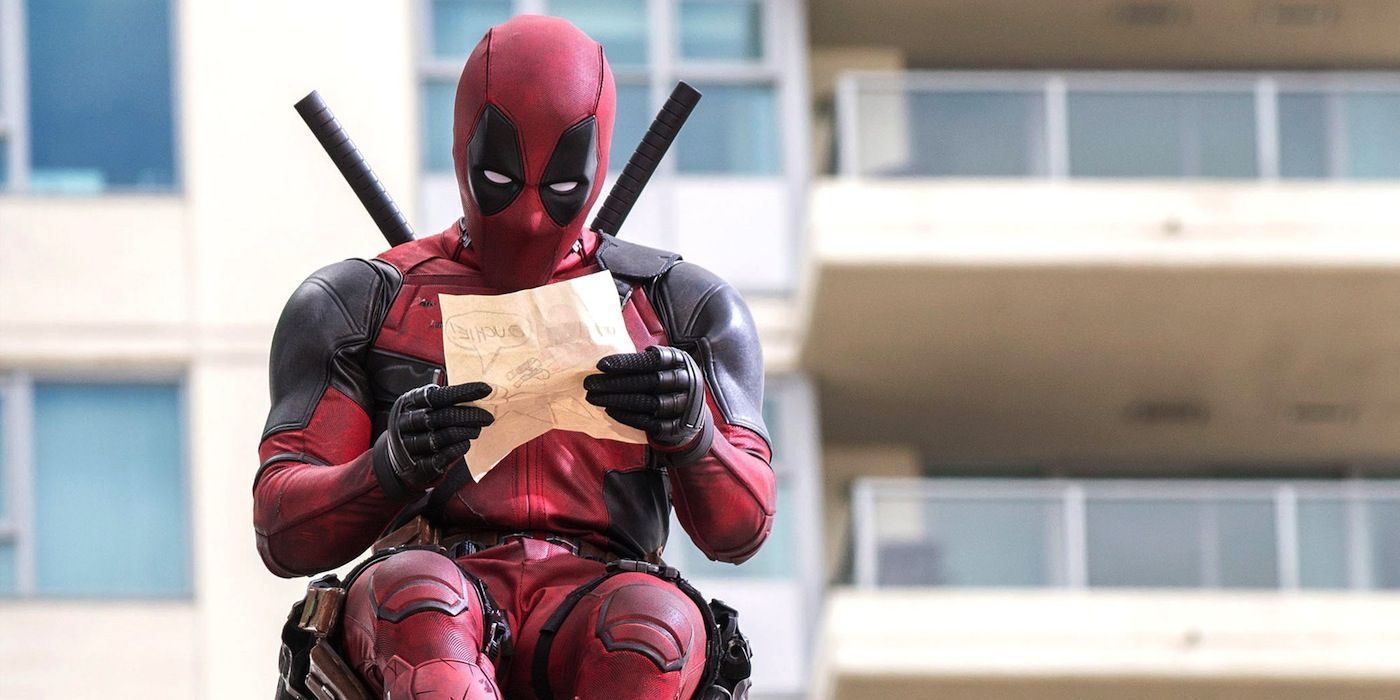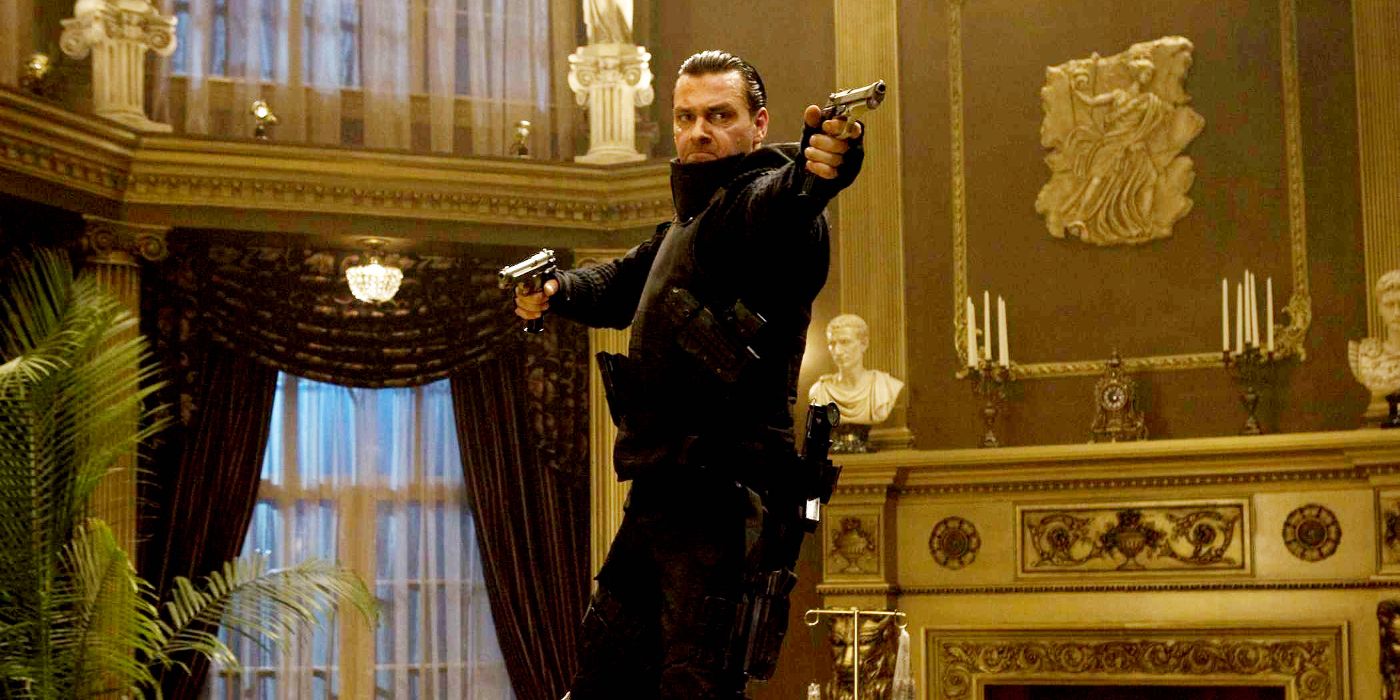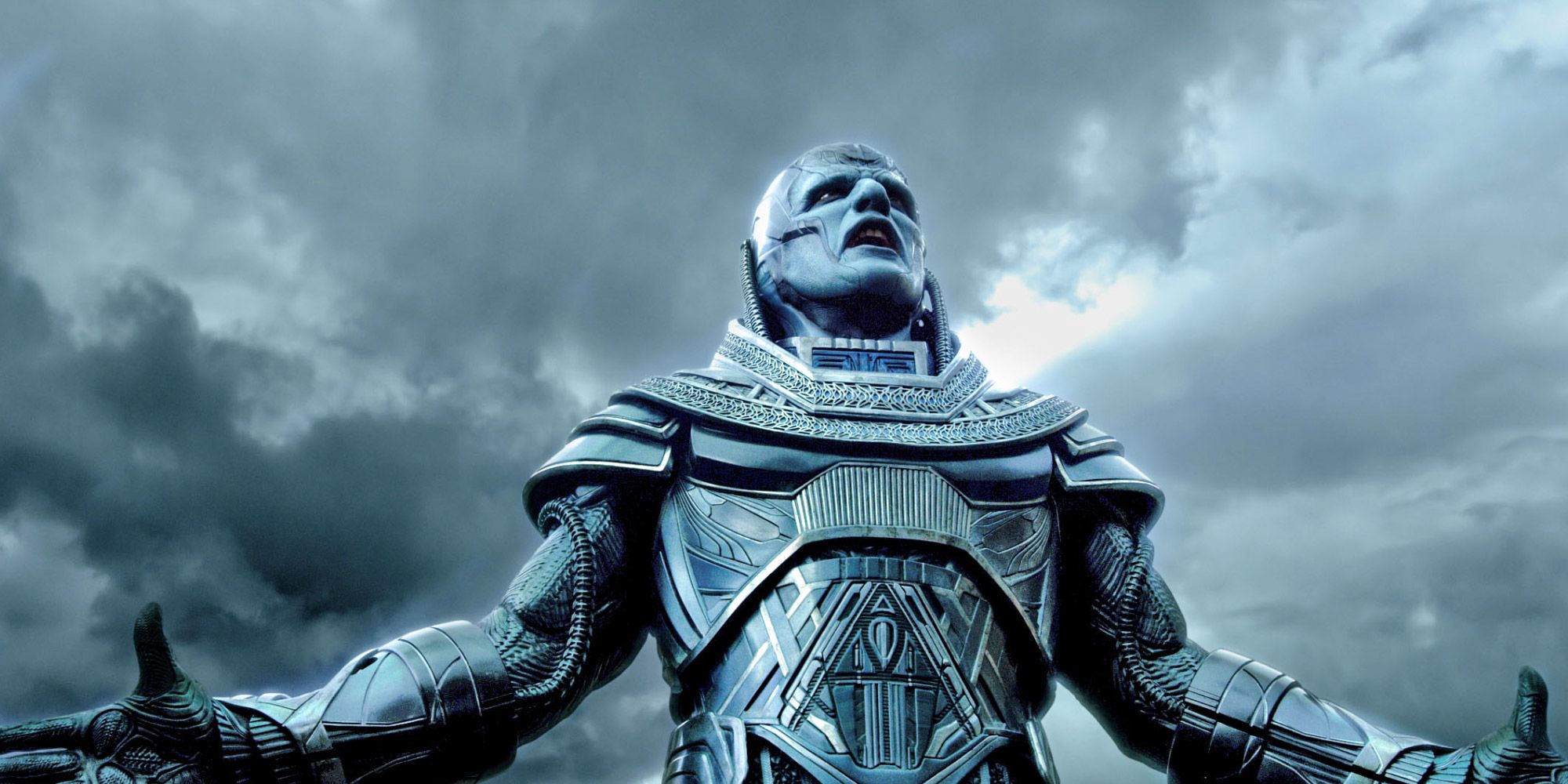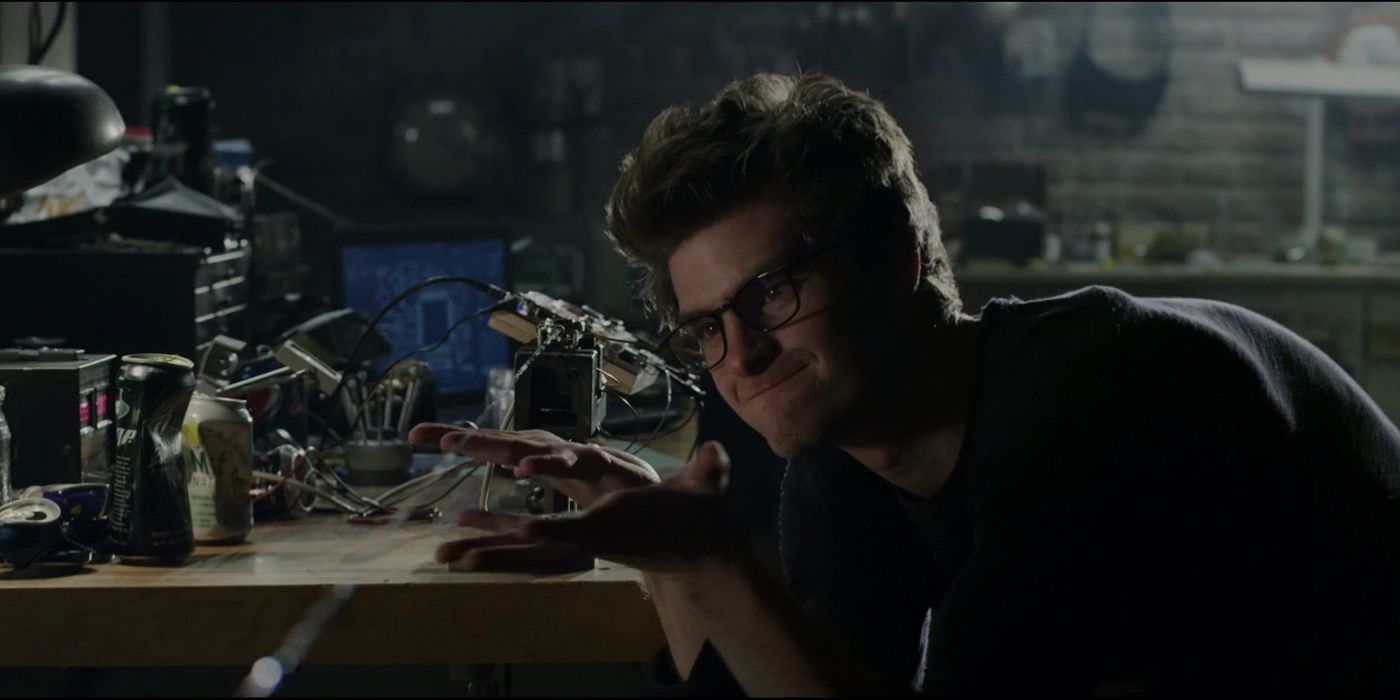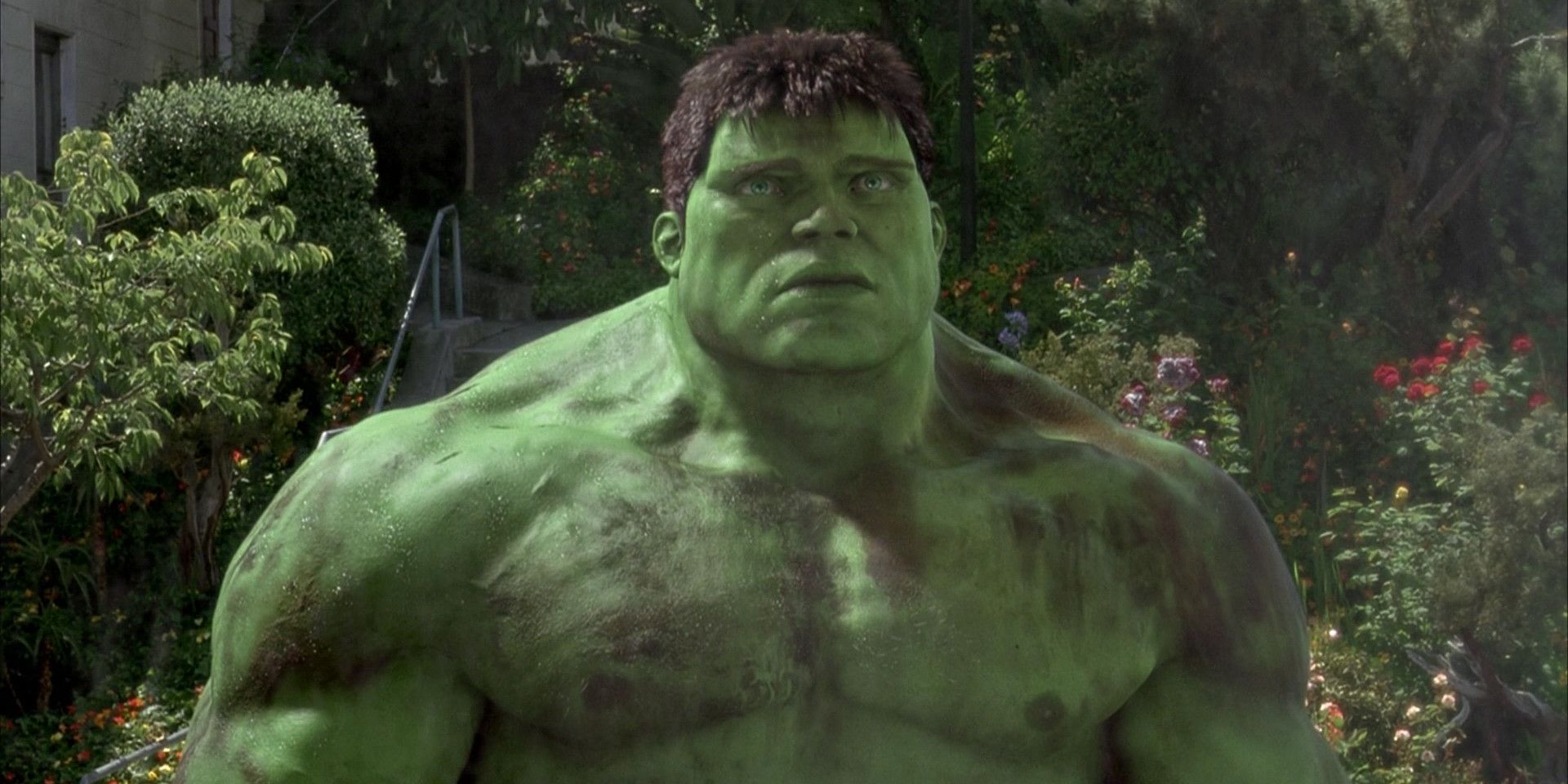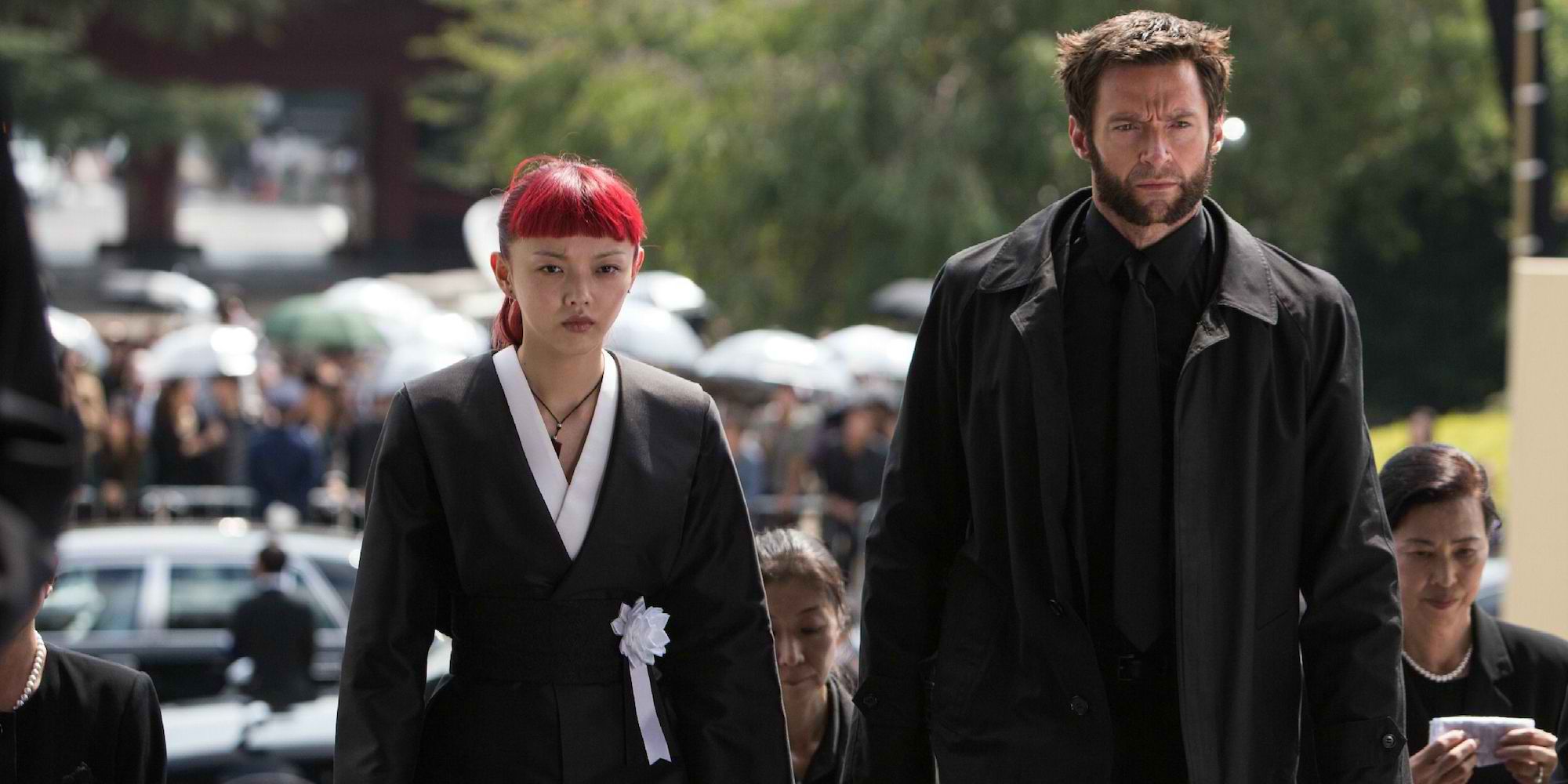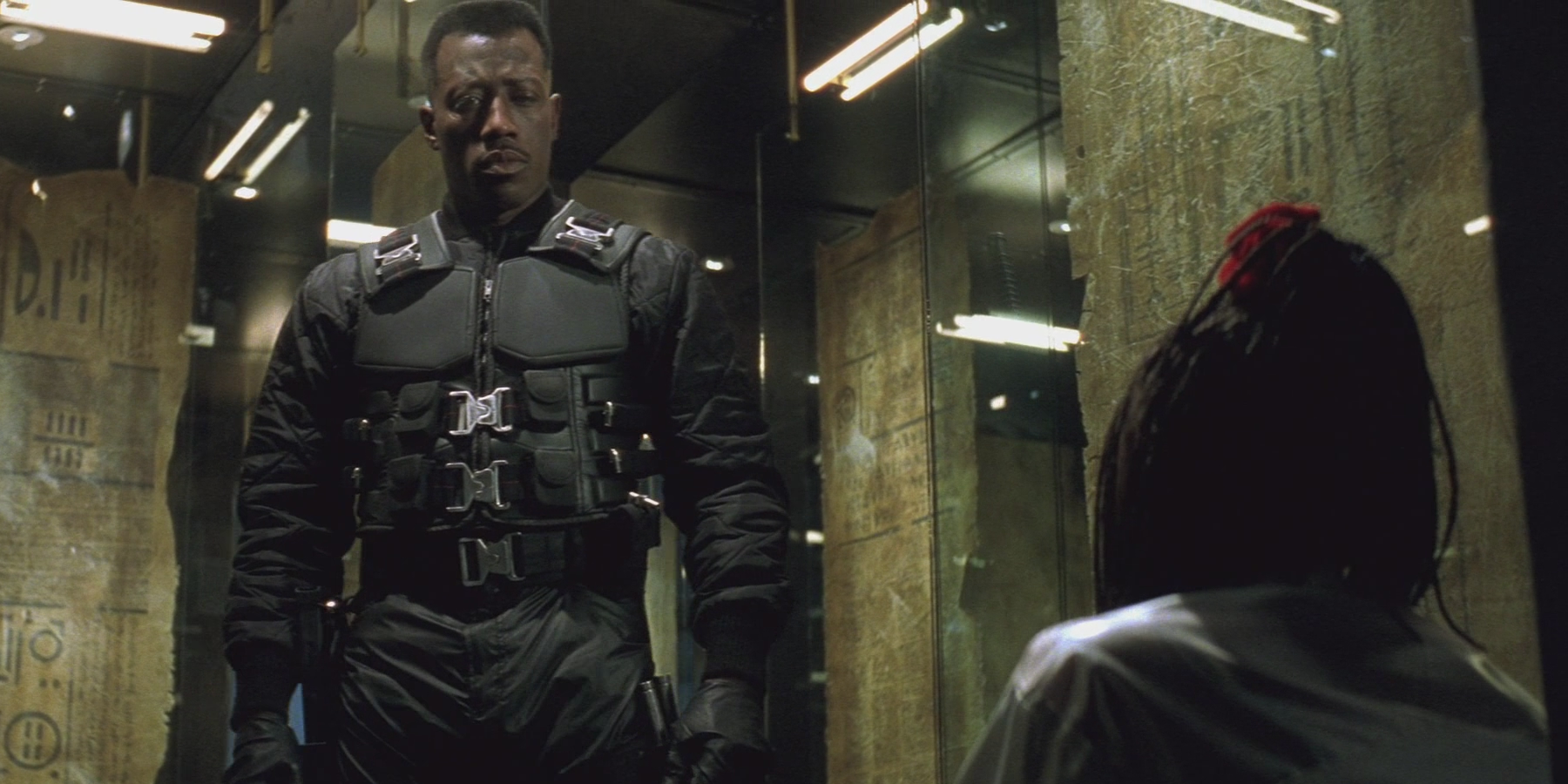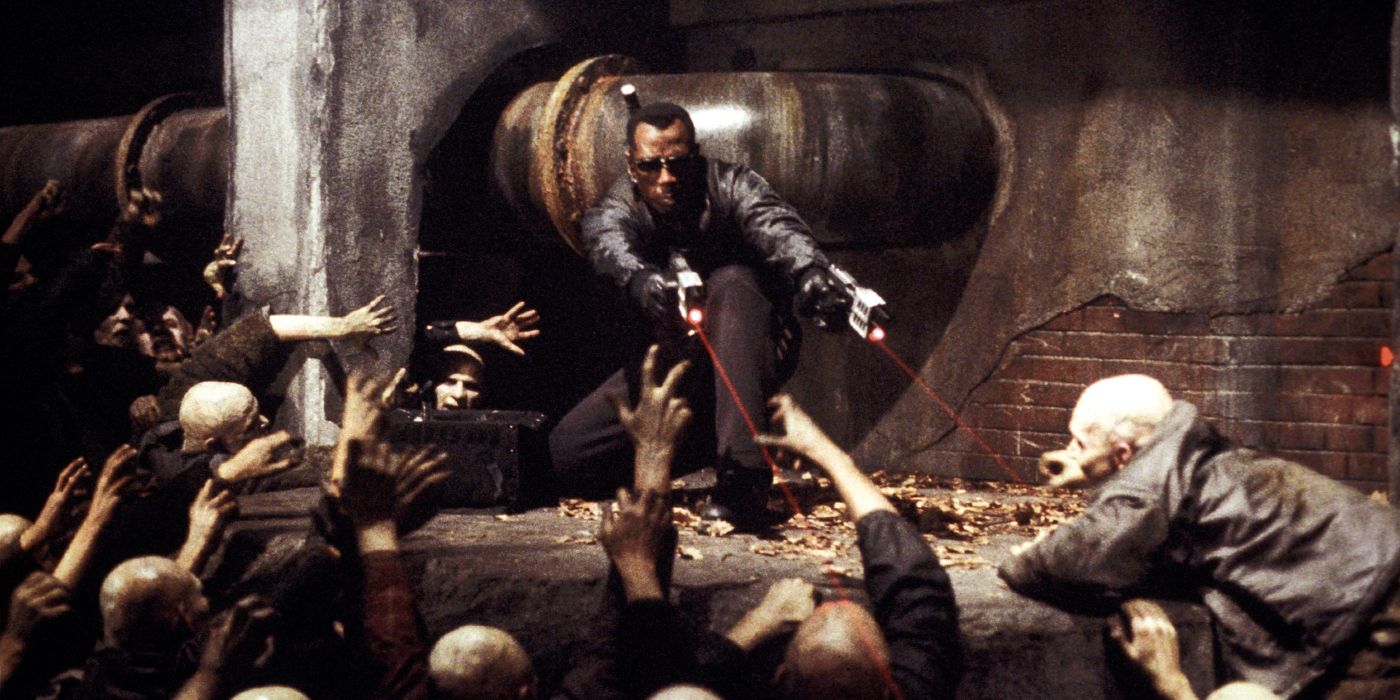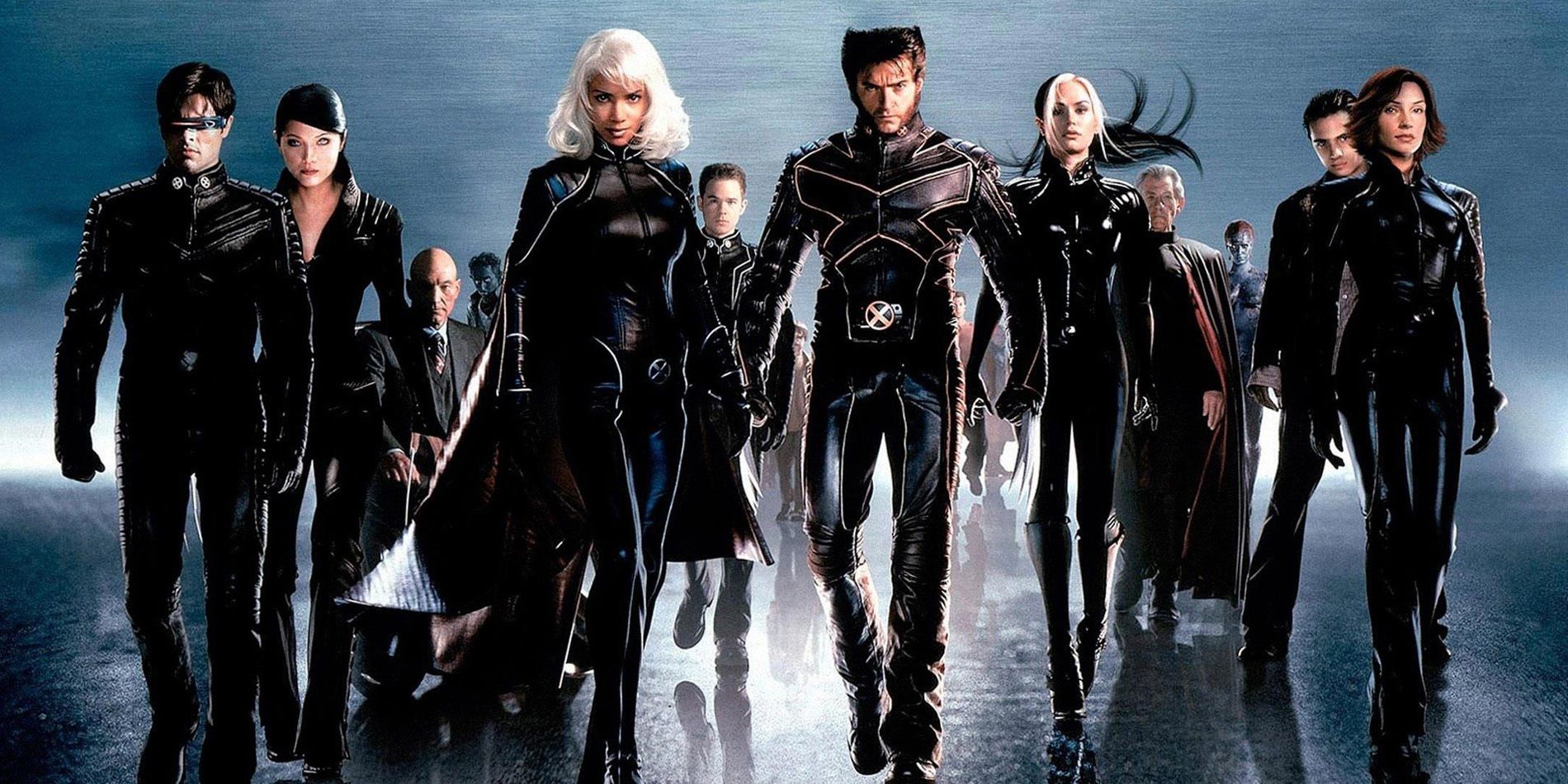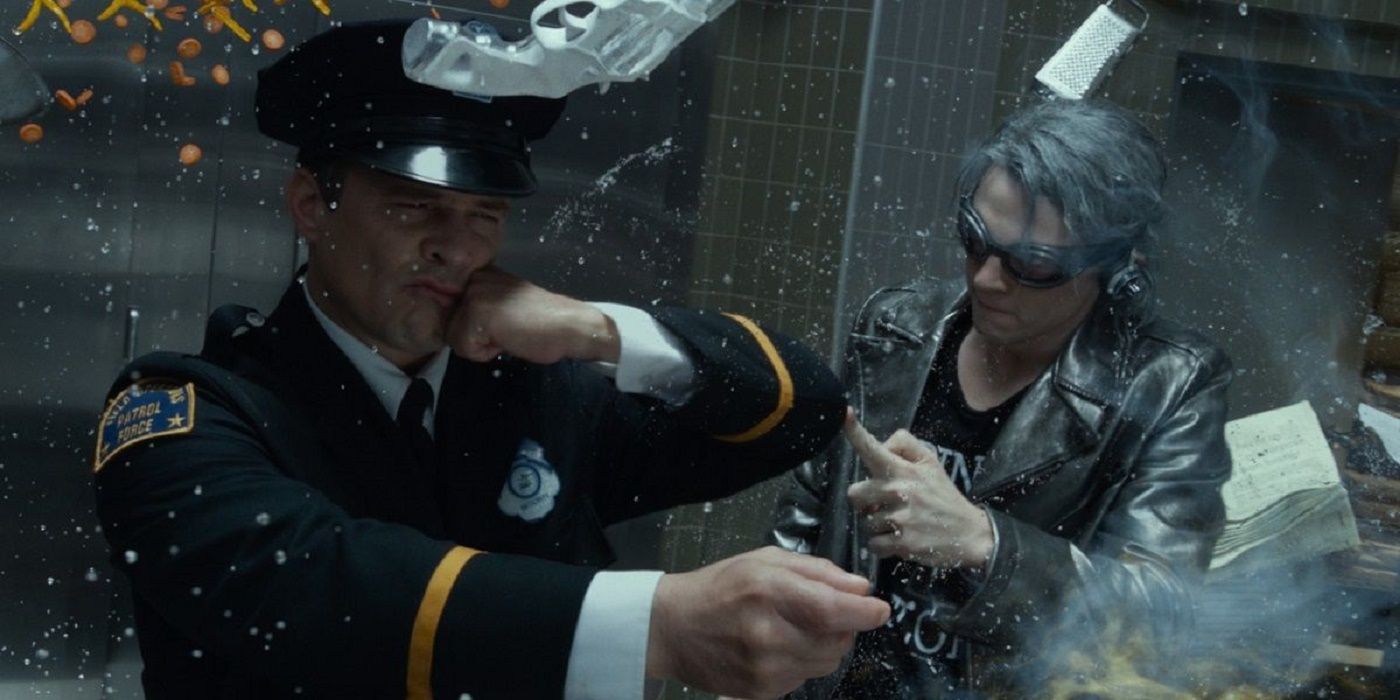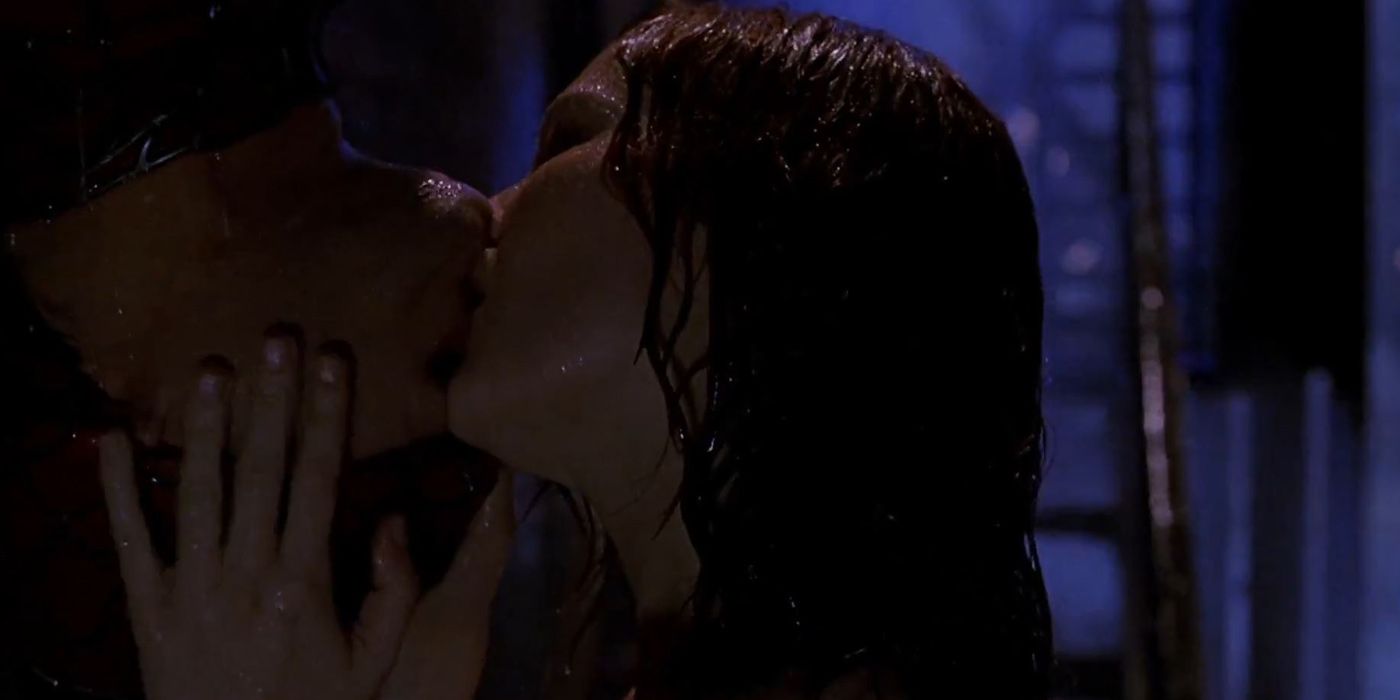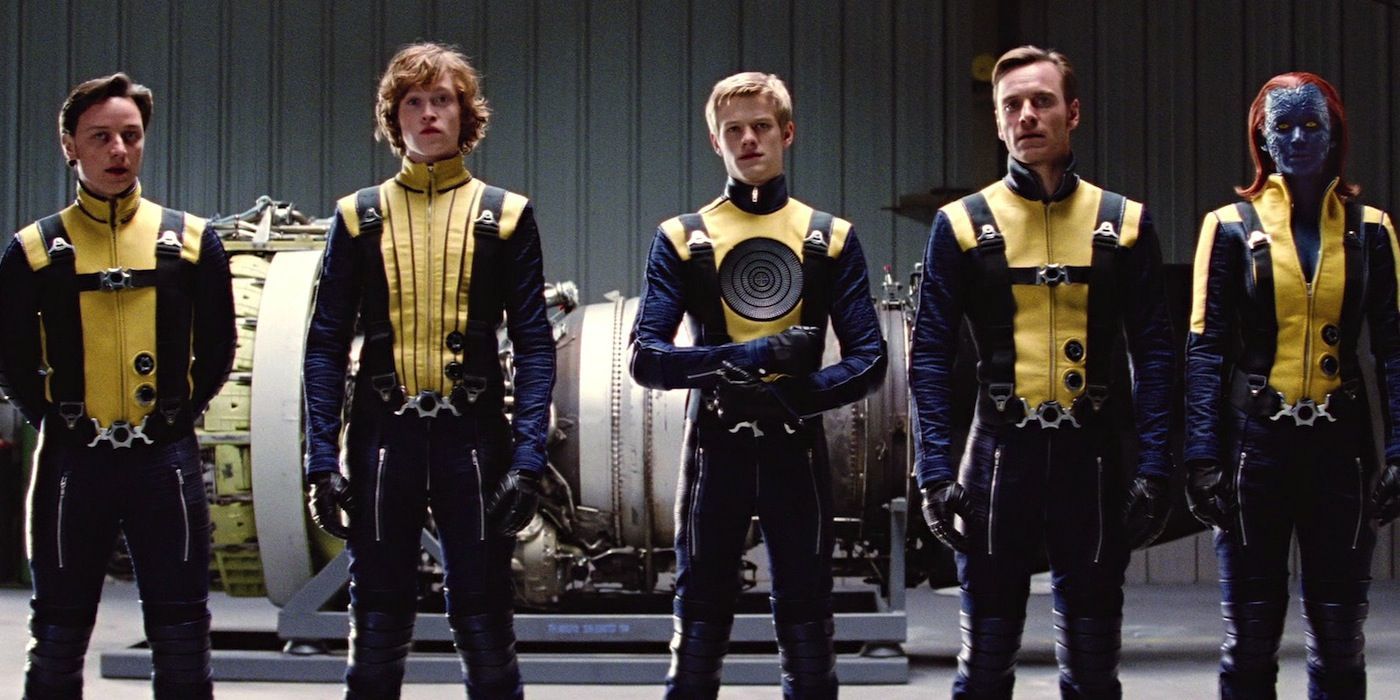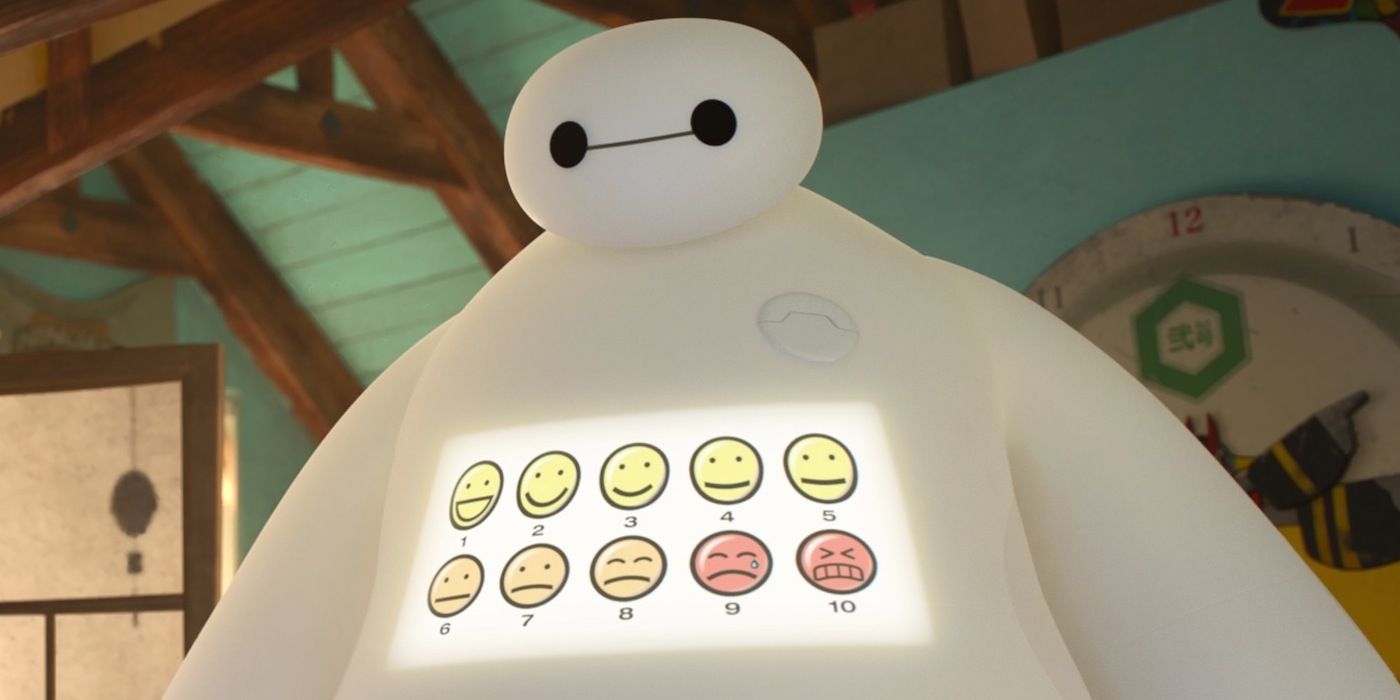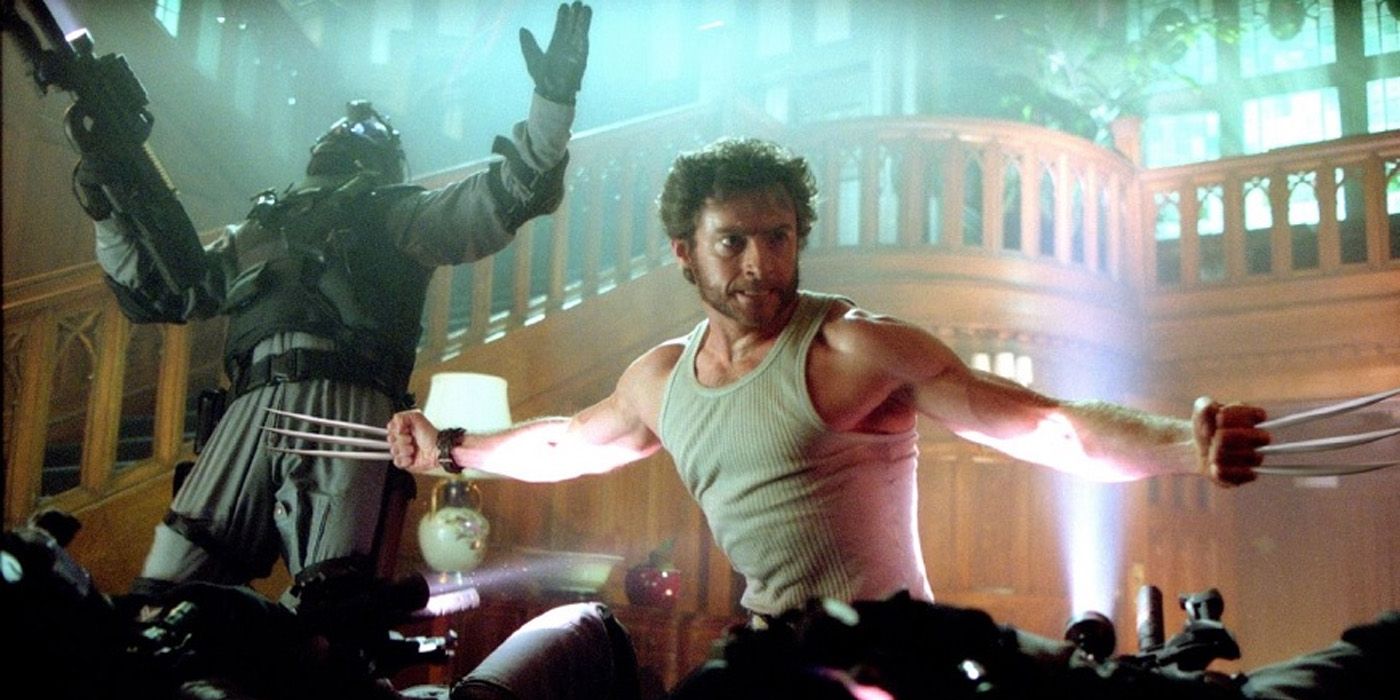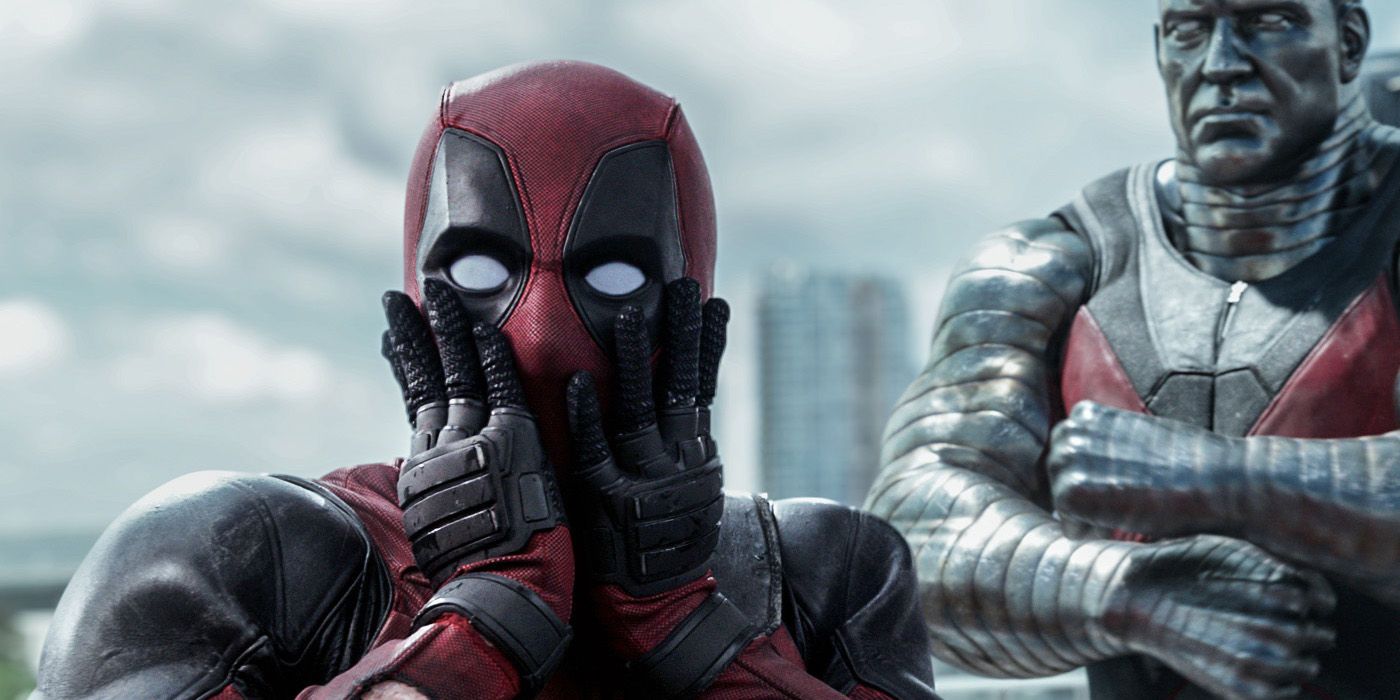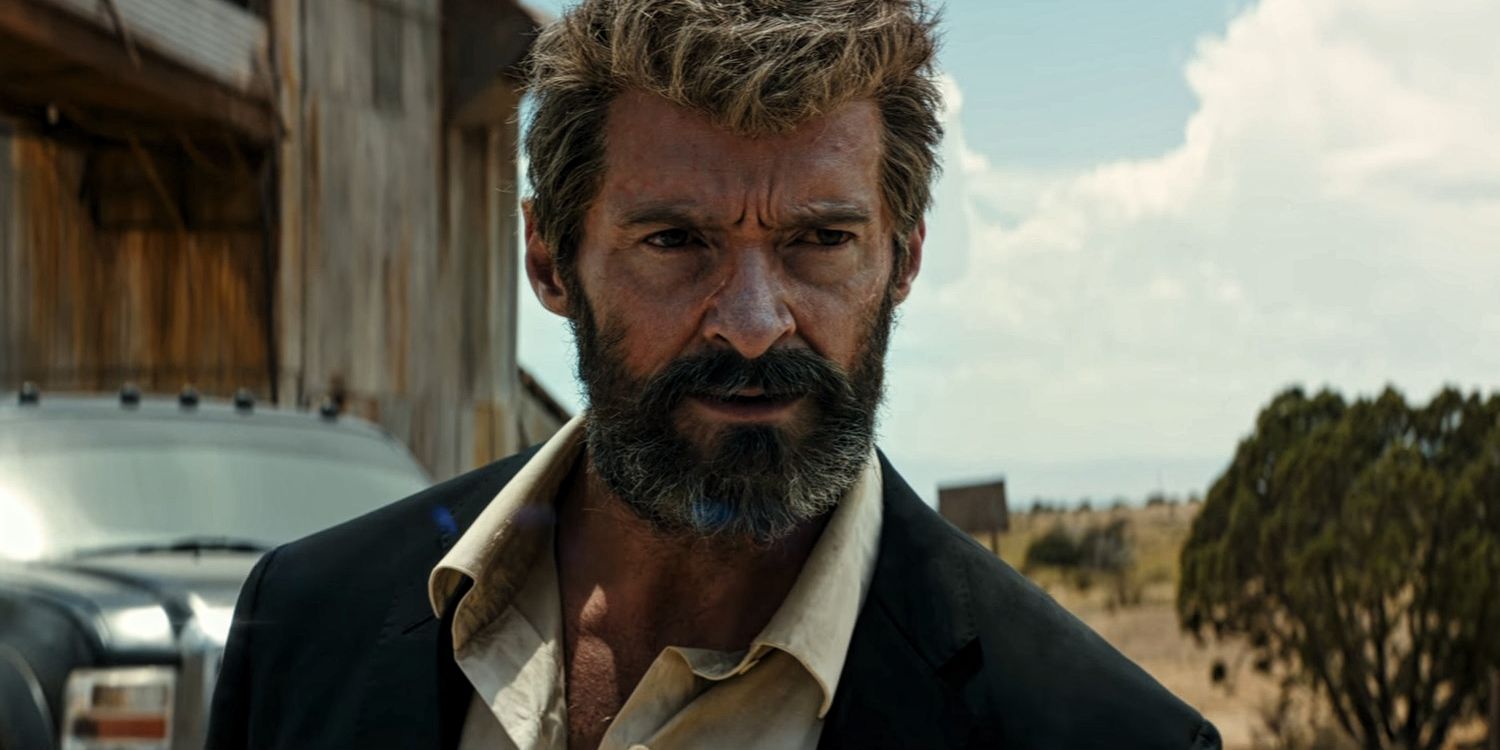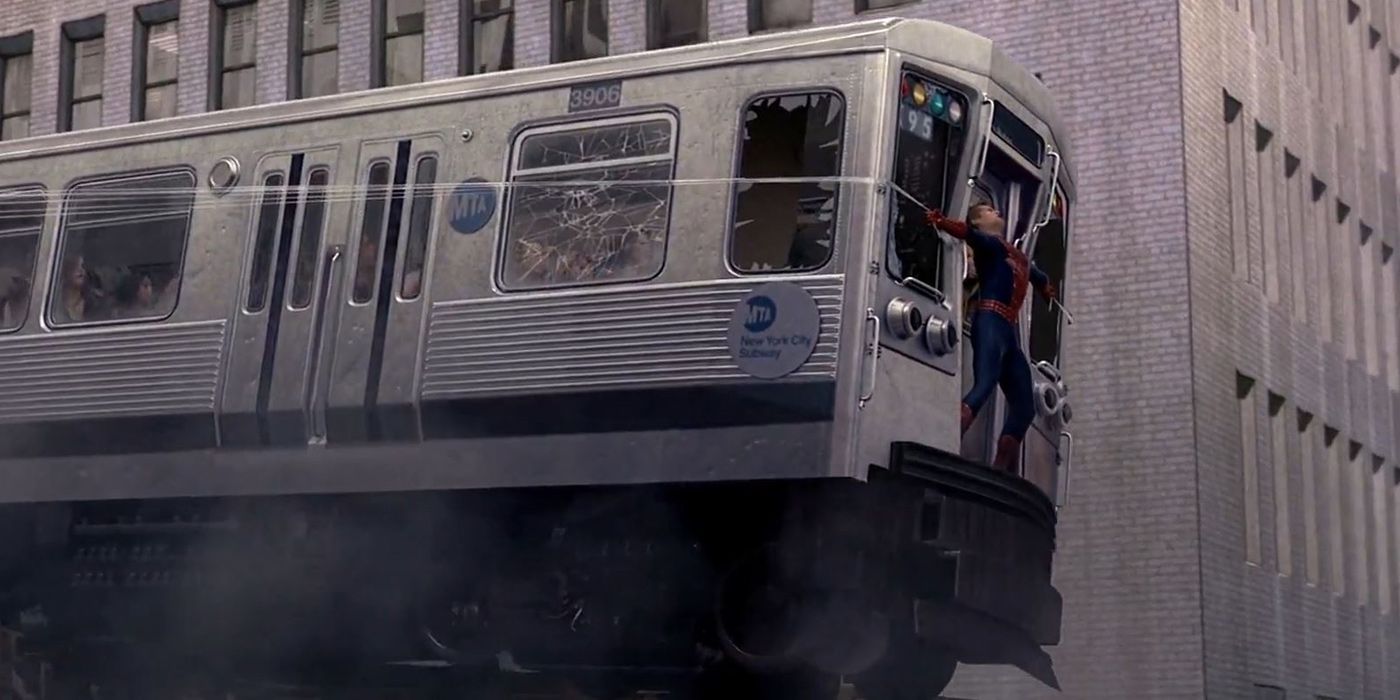The Marvel Cinematic Universe dominates the majority of today’s movie headlines, but Marvel still has plenty to offer outside of its Disney-owned studio. Live-action Marvel projects date all the way back to 1944 (it shouldn’t come as a shock that Dick Purcell’s Captain America didn’t quite make the list), with Republic, Universal, and New Line among the distributors of its various movie attempts in the past.
Even now, in the days of the MCU, Sony and Fox continue to deny Disney the full extent of characters to fall under the Marvel banner. Though Fox is struggling to make the most of the Fantastic Four, its recent string of R-rated X-Men entries shows no sign that the studio is planning to collaborate with Marvel any time soon. On the other hand, Sony has agreed to allow Marvel access to Spider-Man, though he remains very much a Sony property.
As we anticipate Spider-Man: Homecoming, here is our ranking of the Best Marvel Movies Not Made by Marvel Studios.
16. Punisher: War Zone
Though directly produced by Marvel Knights (a branch of what would become Marvel Studios), distributors Lionsgate had the final say on the production of Punisher: War Zone. The result is the most recent in a long line of divisive Punisher films, and possibly the last, given the recent acclaim of Jon Bernthal’s performance as the titular character on Netflix. War Zone performed poorly both critically and at the box office, where it made back just $10 million of its $35 million budget, but it has gained something of a cult following in recent years.
The film takes the blood and guts violence of the Punisher very seriously, foregoing a coherent plot in favor of mindless action. While it doesn’t do enough to be considered a great all-round movie, it finds inventive and gloriously over-the-top ways for Castle to murder people, which often makes it hard to look away. Ray Stevenson, meanwhile, is arguably the most engaging big-screen Punisher we’ve ever had, and it would certainly be interesting to see what he could do with an actual character arc.
15. X-Men: Apocalypse
Ironically, the latest entry in the McAvoy/Fassbender realm of X-Men movies suffers for the same reason as a lot of the MCU films: a weak villain. Apocalypse is traditionally one of the X-Men’s most feared foes, but he was written so poorly by Simon Kinberg that he comes across as generic. Even Oscar Isaac can’t propel Apocalypse to anything beyond bland, and worse still is that the movie hides Isaac under layers of paint and prosthetics.
Elsewhere, Quicksilver’s “Sweet Dreams” sequence, which is undeniably the stand-out moment, only serves to highlight how tedious the rest of the film is by comparison. Fassbender is on form for the third time running, but we don’t get enough of Magneto beyond the opening act, as the movie tries to balance several protagonists at once.
Everything about the film is a mixed bag, right down to the finale, which rounds out a handful of character arcs but ultimately fails to live up to X-Men movies of the past.
14. The Amazing Spider-Man
Just five years after Spider-Man 3, The Amazing Spider-Man did little to break new ground with the infamous web slinger, and the movie lacks the charm of the original trilogy. The finished product only highlights the fact that Sony rebooted the franchise solely to keep the rights from Marvel (funny how things turn out). Fans were less than impressed with this idea, which is a shame, because The Amazing Spider-Man is not a horrible movie in its own right.
It may have been made for the wrong reasons, but this version of Spider-Man and his hand-built web shooters are closer to the source material than Tobey Maguire’s portrayal of the character ever was (though Maguire played a more accurate Peter Parker). Andrew Garfield has obvious chemistry with Emma Stone, and his terrible puns are a necessary addition to any Spider-Man film. The subplots with Peter’s family are underwhelming, but had The Amazing Spider-Man produced anything close to a decent sequel, it might be a lot better appreciated today.
13. Hulk
Most would agree that Ang Lee’s Hulk fell short of initial expectations, but considering its radical departure from the colorful world of comic books, focusing instead on the dark inner turmoil of its Bruce Banner, it’s quite likely that subverting expectations was the director’s intent all along.
With modern superhero movies repeating a tried and tested formula to guarantee their success, Lee deserves a lot of credit for making one of the few innovative films in the genre. It’s clear that 2003 wasn’t quite ready for the Hulk in all of his CGI glory (or the Hulk Dogs for that matter), but there’s plenty to objectively appreciate about Bruce Banner’s arc, even if that’s not necessarily what audiences signed up for.
The character development of Eric Bana’s protagonist is perhaps the best we’ve ever seen from a live-action Hulk, while the experimental visual design is seldom seen in today’s shared universes. It’s easy to say that Hulk inspired the modern comic book movie by providing an example of what not to do, but it was never intended to be a traditional comic book movie in the first place.
12. The Wolverine
For the second entry in the Wolverine saga, James Mangold came aboard a trilogy in trouble following the heavily-panned X-Men Origins: Wolverine. Not only was Mangold looking ahead at a possible Old Man Logan adaptation, but the director was tasked with fixing the mistakes of Origins. The result is a flawed movie that always had too much to do, but is an otherwise admirable attempt at putting the trilogy back on track.
The Wolverine drops the theatrics of Origins in favor of a more grounded, personal take on the character. The first two acts specifically offer a perspective on the Wolverine that we hadn’t yet seen, the results of which are plastered all over Logan, and were a huge factor in Fox’s latest success.
The finale of the movie undoes some of the great work put into those opening acts, as Logan faces another generic villain (in this case a giant samurai robot), but not nearly enough to kill the trilogy.
11. Blade
Following two failed Captain Americas, an unreleased Fantastic Four, a direct-to-video Punisher movie. and the infamous Howard the Duck, the original Blade became just about the first Marvel movie that was taken seriously by both fans and critics. Blade released to a generally mixed reception from the latter; its dragging script and overly dark tone are obviously not for everyone, but the film makes up for it with a rare blend of original, stylized visuals and faith in the source material.
Distributed by New Line, Blade was allowed to be as brutal and bloody as the filmmakers wished, and Wesley Snipes gives an unflinchingly cool performance that sells the violence completely. The choreography was ahead of its time (even if the effects were not quite there yet), as was Stephen Dorff’s villain, who is both captivating and threatening in a way that most Marvel movie villains these days are certainly not.
10. Blade II
Blade 2 made a significant upgrade in bringing Guillermo del Toro on board to direct, with David Goyer returning to write the sequel. Goyer’s script leaves a lot to be desired, with the problems of the first installment being recycled in the second. Still, everything that was good about Blade returned in equal measure.
Thanks to del Toro’s influence and a shift in special effects over the four years between movies, the horror aspect of Blade 2 is amplified for the better, while Snipes and Ron Perlman attempting to one-up each other in increasingly over-the-top ways leaves the action of the original Blade in the dust. Just the premise itself, which sees the vampire hunter forced to unite with old foes in the wake up a vampire uprising, lends itself to an increase in multi-vampire martial arts, which in hindsight, was missing from the first.
Blade 2 is far from a cinematic masterpiece, but it hits the right notes for its fans, and even gave us a GDT/Perlman team-up that would eventually result in Hellboy.
9. X-Men
The original X-Men turns 17 this summer, and looking back over almost two decades of comic book adaptations, the superhero genre owes it so much. 2000 was the year that proved Tim Burton’s Batman and Christopher Reeves’ first two Superman movies weren’t an accident – that comic books could work on the big screen. Spider-Man, Daredevil, and Hulk movies soon followed, and though Blade did precede X-Men, the Bryan Singer-directed film was arguably the movie that launched superheroes into the mainstream.
The effects of the movie maybe don’t hold up to modern standards, while hardcore X-Men fans were disappointed with the distinct lack of superhero suits, as well as the its treatment of certain fan-favorite characters (Cyclops). But the movie as a whole more than makes up for it, with the X-Men and Magneto’s all-out war, its powerful message of societal worth, and the casting of Patrick Stewart, Ian McKellen, and Hugh Jackman, who still represent the definitive versions of their characters.
8. X-Men: Days of Future Past
Those iconic actors would return alongside their younger counterparts for 2014’s X-Men: Days of Future Past, which sends Wolverine back in time to prevent the uprising of Bolivar Trask’s apocalyptic Sentinels. Bryan Singer returned to seamlessly blend the old cast and new, and at the same time undo the events of X-Men: The Last Stand (widely considered to be the weakest movie in the X-Men series), adding an extra layer to a movie jam-packed full of fan service.
With so much going on, Days of Future Past doesn’t quite please everyone, but for every time the plot becomes overly convoluted, Quicksilver shows up to wipe the slate clean. Days of Future Past still holds up against its superhero movie peers from 2014, which is saying something, as its competition is comprised of Marvel Studios stand-outs The Winter Soldier and Guardians of the Galaxy.
7. Spider-Man
“Iconic” is a word thrown about too often in film, but in the world of superhero movies, Spider-Man is just that. Whether it be the upside-down kiss, the “With great power comes great responsibility” line, or the perfectly-executed origin story, for a long time, every modern comic book film was trying to raise the bar set by Spider-Man.
Besides the ground-breaking action and brutal finale, Spider-Man’s greatest achievement is its portrayal of Peter Parker. Though Andrew Garfield was suitably quippy in the suit, it was always hard to empathize with a Peter Parker who was literally too cool for school. This Peter Parker is an outsider, an unlikely hero, and so underplayed by Tobey Maguire that you believe he’s out of his depth.
In the wake of the 9/11 terrorist attacks, Maguire gave us a superhero to believe in at a difficult time, because Spider-Man could be any one of us.
6. X-Men: First Class
Fans were understandably concerned when an X-Men prequel was first announced. Even more concerning was that the last two X-Men films had been critically panned, and that X-Men: First Class potentially had the weight of the entire X-Men movie universe resting on its shoulders.
But First Class did all the right things from day one – first snapping up Kick-Ass director Matthew Vaughn to helm the project, and then recasting the roles of Professor X and Magneto with maybe the only two stars capable of living up to Stewart and McKellen. James McAvoy and Michael Fassbender both deliver classy performances in a movie that allows its actors to lead the way, offering perhaps the definitive version of Charles and Erik’s complicated backstory in the process.
First Class is refreshingly original for a movie based on a series of comic books, and takes risks that might never have paid off in another director’s hands.
5. Big Hero 6
Big Hero 6 isn’t exactly known for being adapted from Marvel Comics, but the Disney animation is indeed based on the superhero team of the same name. That said, the connection is very loose, as screenwriters Jordan Roberts and Dan Gerson actively avoided the comic books so as to keep the story fresh. It’s difficult to know where to rank the film in a list full of live-action superhero movies, given the fact that it has an entirely different demographic and none of the violence of the various Blade and X-Men franchises.
But for what it is – it’s hard to fault Big Hero 6. The movie plays to its audience, with lovable robots and slapstick humor galore. Its attention to detail and pop culture references offer something for film-lovers of all ages, and at its heart is a bond as powerful as any live-action Marvel relationship. Finally, Big Hero 6 took home the Oscar for Best Animated Feature – something that no other film on this list has done. For… obvious reasons.
4. X2
X2 held the mantle of the best X-Men movie for well over a decade, and still to this day is a contender for one of the best outright sequels ever made. The film arguably paved the way for superhero team-ups like The Avengers, as Singer gets the best out of his huge ensemble cast in just two hours. While it helps that the original X-Men did the heavy lifting, setting up its characters for future installments, X2 added yet more names to its cast, and gives each and every one of them something to do.
The themes and motives established in X-Men are still present, but amped up tenfold with the introduction of William Stryker. Its finale remains of the best in superhero movie history, with the epic scale and flawless action landing years before its time. For this reason, X2 holds up to modern standards without a hitch, while the films either side of it continue to lose ground.
3. Deadpool
When X-Men premiered at the turn of the century, the thought of a live-action Deadpool adaptation would have been laughable. 16 years later, after an “accidental” leak of test footage and an exhausting fan campaign, not only did Tim Miller and Ryan Reynolds defy all the odds to make a Deadpool movie; they made a damn good Deadpool movie.
It’s hard to compare Deadpool to the other films on this list, for the sole reason that it’s so incredibly different from anything we’ve ever seen from other comic book movies. It scores points (and third place in our ranking) for its nerve, pulling off an R-rating and telling jokes that the MCU wouldn’t touch with a bargepole.
After missing the mark with Blade: Trinity, Green Lantern, and a misguided attempt at Deadpool in X-Men Origins, it’s also satisfying to see Reynolds prove his worth in the comic book genre, which has grown in scale since the introduction of Deadpool.
2. Logan
After 17 years in the role, Jackman finally bows out of the franchise with the Wolverine movie we all wanted to see – Logan is bloody, packed full of profanity, and deeply unsettling. If Deadpool opened the door to the R-rated superhero movie genre, Logan blew it off the hinges.
The biggest reason Logan will live long in the minds of comic book fans is that it’s barely a superhero movie at all. Logan capitalizes on all the best elements of The Wolverine, opting for heavy drama over mindless action, and it’s no coincidence that Jackman and the returning Patrick Stewart give their best X-Men performances in a movie that puts character first.
Logan is vulnerable, for pretty much the first time in his life, but he powers through with the drive and determination we have come to expect from him over the years. The character of Wolverine comes full circle in a way that lives up to his comic book counterpart, who will remain a fan-favorite for a long time to come. The introduction of Laura Kinney, aka X-23, is a fantastic, evocative way of carrying on his legacy.
1. Spider-Man 2
Since 2004, Marvel has produced three separate Spider-Man movies (with a fourth on the way) and over 20 spin-offs and sequels, but they’re all chasing Spider-Man 2. It’s tough to know where it stands next to Deadpool and Logan (and it’s still unclear how the latter will stand the test of time), but Spider-Man 2 presents the best of both worlds. It’s dark and brooding when it needs to be (Doctor Octopus’s death is a genuinely touching moment), but for the most part, it’s pure, comic book entertainment, right down to the cheesy quips and over-the-top performances.
It’s also more action-packed than the first Raimi movie, with set pieces that Homecoming would do well to replicate, even in 2017 (the train sequence is a particular highlight). Doctor Octopus, meanwhile, is a one-off antagonist who rivals just about any MCU villain to date, with the possible exception of Loki. A
ll in all, it’s everything a superhero sequel should be – it’s grittier and campier than the first, with higher stakes and a better villain, and it deserves the top spot on just about any list of Marvel movies.
---
Disagree with our ranking? Leave your favorite non-MCU Marvel movie in the comments!

